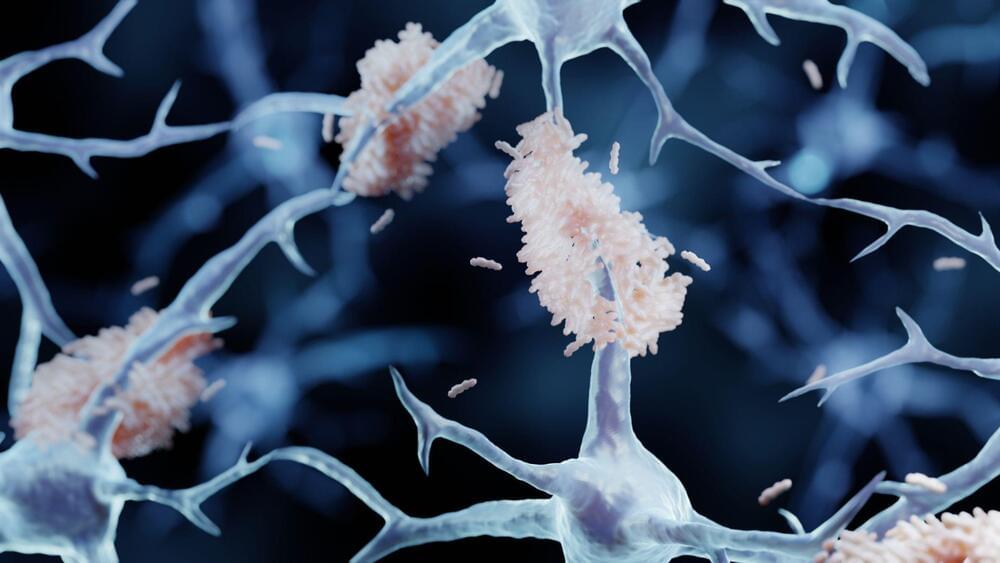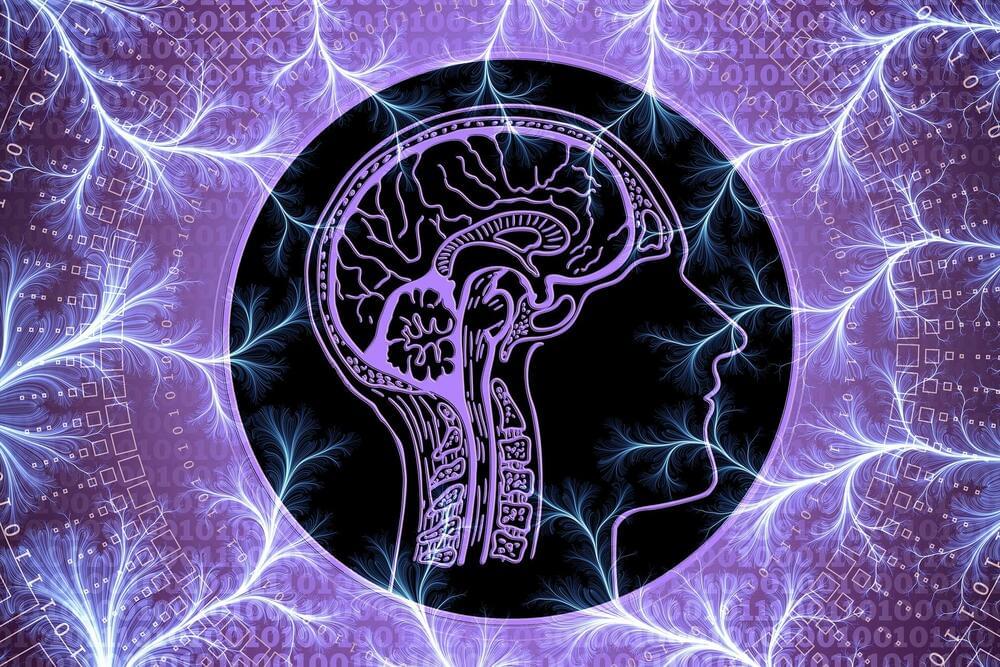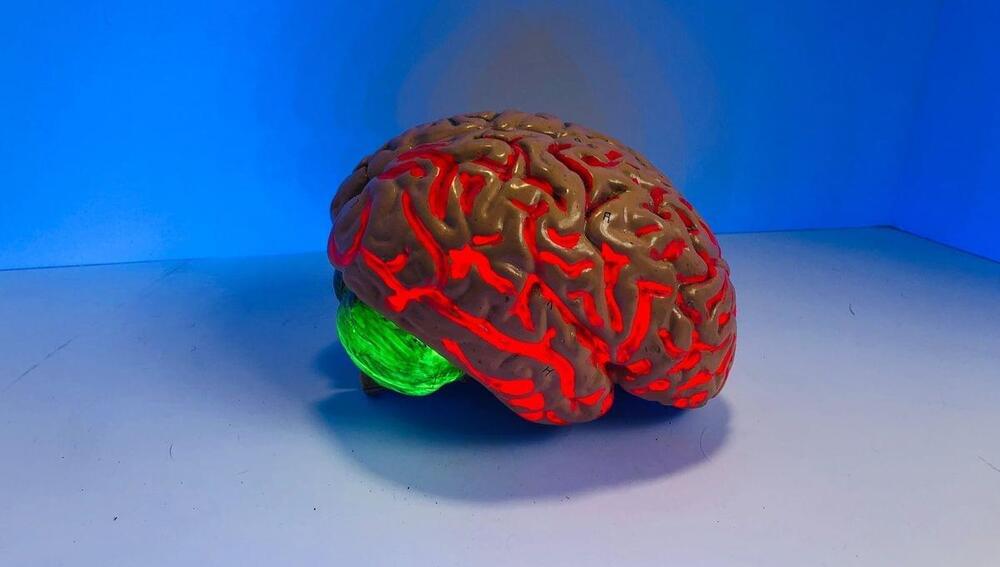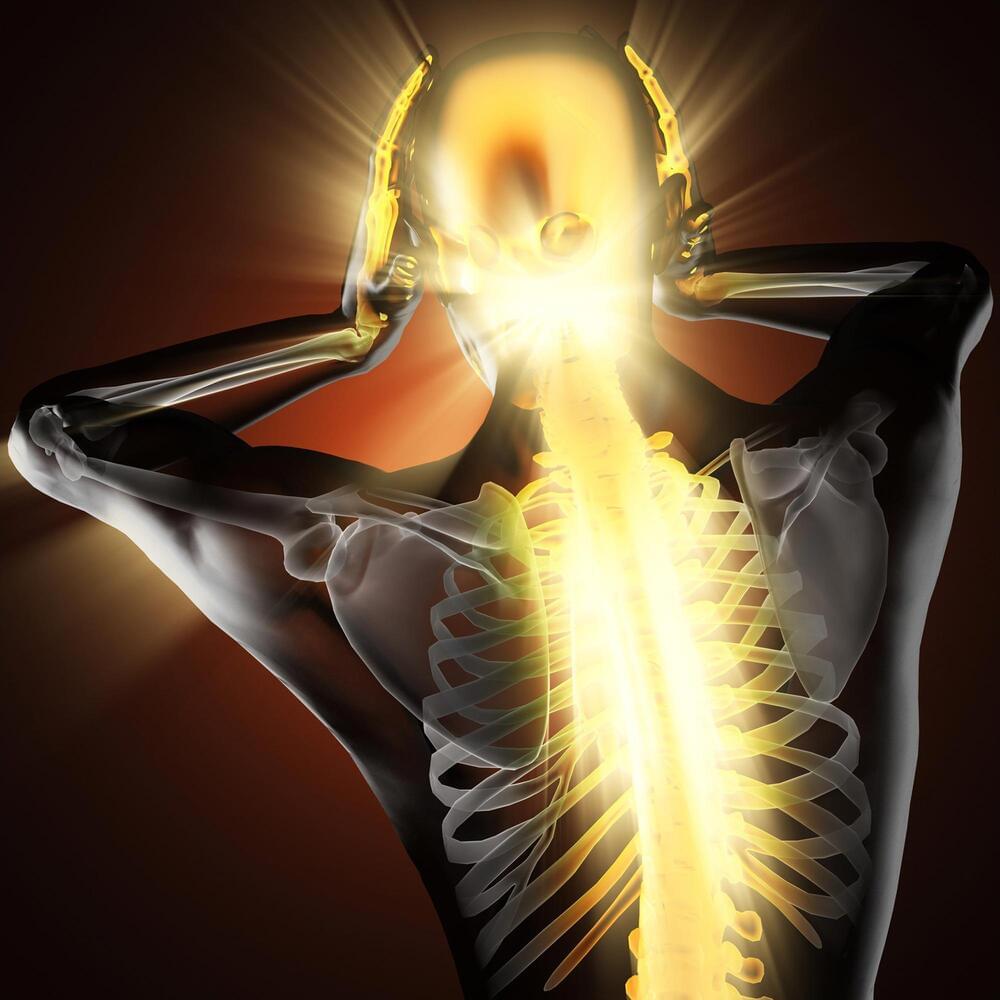https://doi.org/10.1101/2022.12.21.
Community Detection in Brain Connectome using Quantum Annealer Devices:
Recent advancements in network neuroscience are pointing in the direction of considering the brain as a small-world system with segregated regions integrated to facilitate different cognitive tasks and functions. In this context, community detection is a pivotal issue in computational neuroscience. In this paper we explore community detection within brain connectomes using the power of quantum annealers, and in particular the Leap’s Hybrid Solver. Our results shows that quantum annealers can achieve higher modularity index compared to classical annealer while computing communities of brain connectomes. Those promising preliminary results points out that quantum annealers might be the better choice compared to classical computing optimization process.
#quantum #brain #networks




